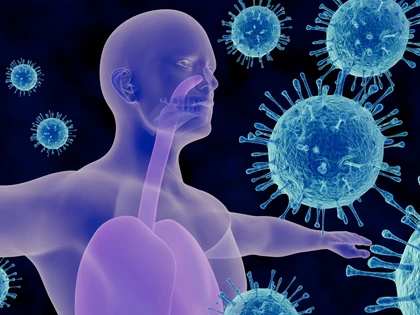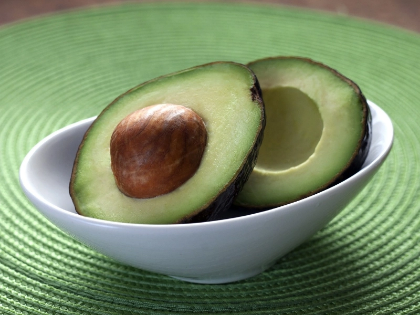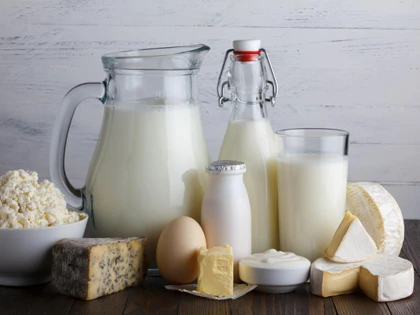Why are avocados better than bananas?
Why are bananas not as good as avocados? Avocados are a nutritious fruit with several health benefits. They are rich in dietary fiber, healthy fats, and potassium. They are also rich in B vitamins and vitamin E. Avocados have more potassium and less sugar than bananas, making them a better option for people trying to cut down on their carb intake. They're also a good source of fiber and protein.
1. It contains a lot of potassium.

2. It is rich in dietary fiber.
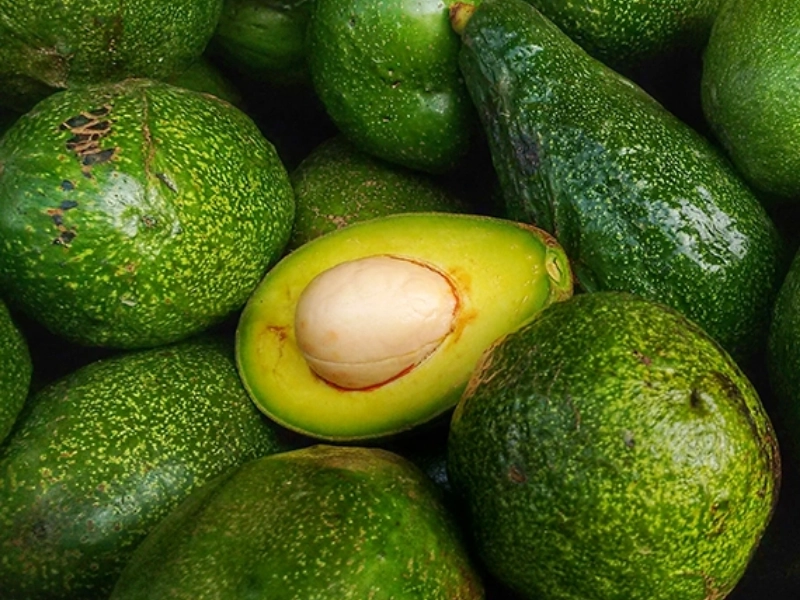 Avocados are high in fiber, which aids digestion and relieves constipation, which is crucial for people trying to control their blood sugar or lose weight. High cholesterol, diabetes, and heart disease can all be lowered with a high-fiber diet.
Avocados contain monounsaturated fats, which are good fats that can lower your levels of LDL (bad) cholesterol. Plus, they're a great source of potassium, which lowers blood pressure.
Including avocados in your diet also provides important nutrients that are hard to find in bananas, such as vitamins K, B5, and B9 (folate). Avocados are also rich in phenolic chemicals that may have protective effects against some cancers. They are also a great source of lutein, an antioxidant that supports eye health. Additionally, the fatty acids in avocados improve the appearance of skin and reduce inflammation.
Avocados are high in fiber, which aids digestion and relieves constipation, which is crucial for people trying to control their blood sugar or lose weight. High cholesterol, diabetes, and heart disease can all be lowered with a high-fiber diet.
Avocados contain monounsaturated fats, which are good fats that can lower your levels of LDL (bad) cholesterol. Plus, they're a great source of potassium, which lowers blood pressure.
Including avocados in your diet also provides important nutrients that are hard to find in bananas, such as vitamins K, B5, and B9 (folate). Avocados are also rich in phenolic chemicals that may have protective effects against some cancers. They are also a great source of lutein, an antioxidant that supports eye health. Additionally, the fatty acids in avocados improve the appearance of skin and reduce inflammation.
3. Low sugar content.
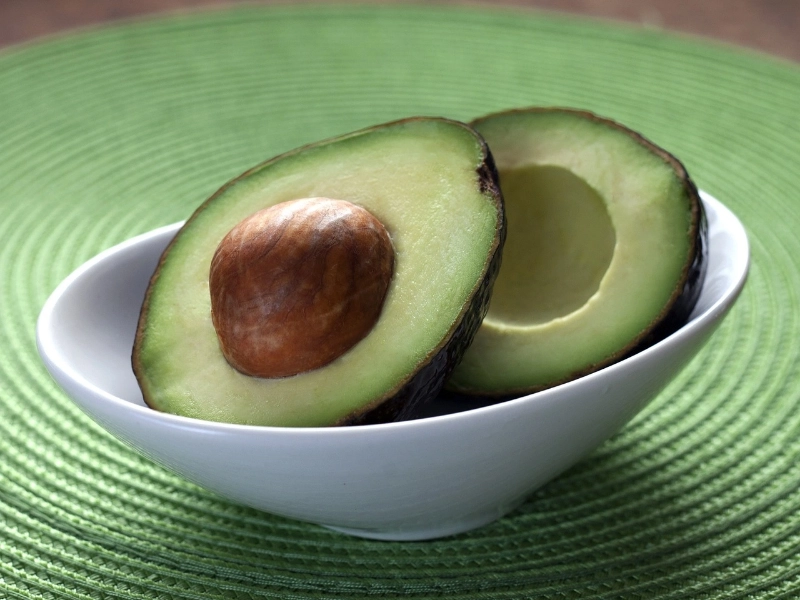 Avocados are a popular addition to a variety of meals. For those following a low-carb diet, the creamy fruit offers a healthy fat replacement for carbohydrates. It contains heart-healthy monounsaturated fats, which help lower cholesterol levels without raising blood sugar levels.
They are a good source of potassium, which helps regulate blood pressure, and also provide important minerals such as calcium, vitamin A, fiber, vitamin B6, folate, lutein, and zeaxanthin.
Research shows that including avocados in your diet can support gut health and improve digestion. The fruit's fiber relieves constipation, and its monounsaturated fats increase satiety. Additionally, the omega-3 fatty acid alpha-linolenic acid found in avocados has been shown to reduce inflammation and activate pathways that promote gut health. Additionally, the fruit contains short-chain fatty acids, which studies have shown may help regulate pH in the gut and reduce oxidative stress. Additionally, it contains beta-sitosterol, a plant-derived substance that supports normal cholesterol levels.
Avocados are a popular addition to a variety of meals. For those following a low-carb diet, the creamy fruit offers a healthy fat replacement for carbohydrates. It contains heart-healthy monounsaturated fats, which help lower cholesterol levels without raising blood sugar levels.
They are a good source of potassium, which helps regulate blood pressure, and also provide important minerals such as calcium, vitamin A, fiber, vitamin B6, folate, lutein, and zeaxanthin.
Research shows that including avocados in your diet can support gut health and improve digestion. The fruit's fiber relieves constipation, and its monounsaturated fats increase satiety. Additionally, the omega-3 fatty acid alpha-linolenic acid found in avocados has been shown to reduce inflammation and activate pathways that promote gut health. Additionally, the fruit contains short-chain fatty acids, which studies have shown may help regulate pH in the gut and reduce oxidative stress. Additionally, it contains beta-sitosterol, a plant-derived substance that supports normal cholesterol levels.
4. It's high in fat.
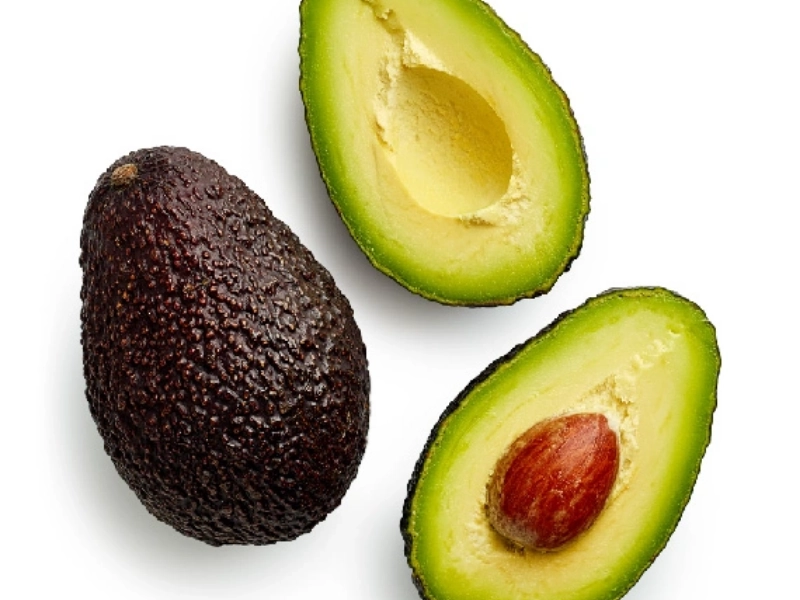 Bananas have fewer calories than avocados, but the majority of their calories come from good fats. They're rich in monounsaturated fats, which are thought to be healthy fats that lower bad cholesterol and insulin resistance.
What's more, they also contain certain polyunsaturated fats that are considered to be heart-healthy fats. Avocados are rich in oleic acid, which has been linked to a lower risk of cancer and heart disease in people.
Avocados are a delicious and adaptable fruit that is rich in potassium, vitamin E, folate, magnesium, fatty acids, and more. They are a great alternative to fatty foods and have been shown to aid in weight loss by increasing satiety. They are also a good source of lutein, which lowers the chances of developing eye diseases such as macular degeneration.
Bananas have fewer calories than avocados, but the majority of their calories come from good fats. They're rich in monounsaturated fats, which are thought to be healthy fats that lower bad cholesterol and insulin resistance.
What's more, they also contain certain polyunsaturated fats that are considered to be heart-healthy fats. Avocados are rich in oleic acid, which has been linked to a lower risk of cancer and heart disease in people.
Avocados are a delicious and adaptable fruit that is rich in potassium, vitamin E, folate, magnesium, fatty acids, and more. They are a great alternative to fatty foods and have been shown to aid in weight loss by increasing satiety. They are also a good source of lutein, which lowers the chances of developing eye diseases such as macular degeneration.


